The invention of gunpowder came about by accident. And it’s not the only thing we use today which has had the same curious beginning. Chocolate chip cookies, penicillin, the microwave — inventions which have had huge impacts on the world were discovered by accident, when the people who created them were trying to achieve something very different.
There is one invention, however, which was developed over a thousand years ago and quite literally came on the scene with a bang: gunpowder. The invention of gunpowder came about in ancient China, and was called huo yao, or flaming medicine, according to the Travel China Guide. In the 9th century, Chinese alchemists were bent on trying to discover a formula which would produce an elixir of immortality.
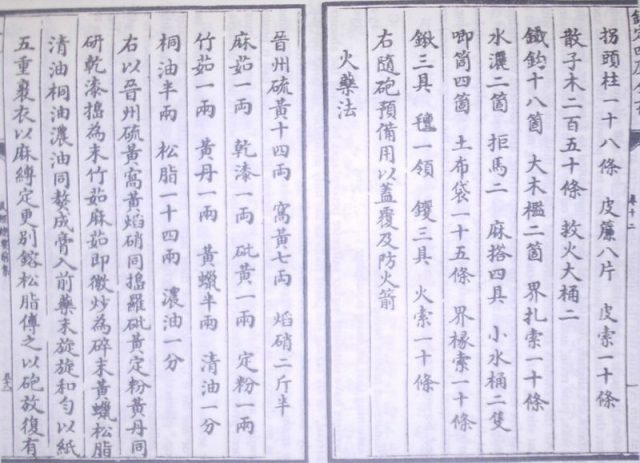
Thoughtco reports that, while experimenting with saltpeter (potassium nitrate), one enterprising, if now nameless, alchemist hit upon a surprising formula which would change the world forever. It didn’t bestow eternal life, but the mixture did explode in a spectacular way when it came into contact with fire.
One record from the time noted that the explosion was enough that it not only burned the alchemist’s hands and face, it also destroyed the house, according to Live Science.
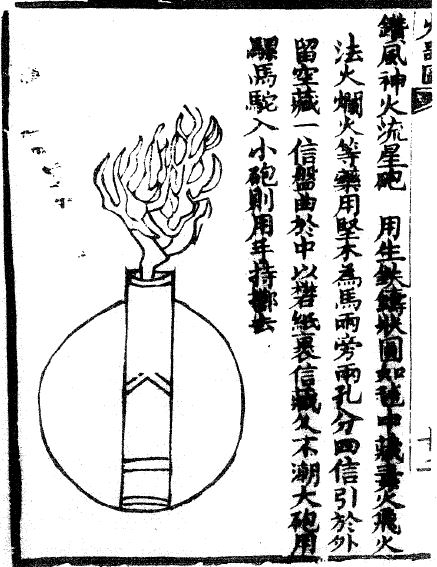
It’s generally considered that this is what led to the invention of fireworks, although there are some historians who think that they instead came from India or the Middle East. Regardless of their genesis, the Chinese made good use of them.
The first fireworks were made by packing bamboo shoots full of the explosive and throwing these into the fire, where they would go off with a boom. Paper tubes eventually took the place of bamboo shoots, and eventually they also added fuses made of tissue paper.
Related Video:
https://youtu.be/Gupn_9hF7rU
Fireworks can be a lot of fun and great for celebration; however gunpowder, like many other new technologies, was adapted for military uses pretty rapidly.

There are records that suggest the first use of gunpowder against an enemy was as early as 904 AD, when the forces of the Chinese Song Dynasty employed it against the Mongols.
It was put to use in “flying fire”, which was an arrow with a small tube of burning gunpowder attached. The gunpowder caused the arrows to fly like little rockets, which is no great surprise. It was also employed in flamethrowers, primitive hand grenades, and other weapons.
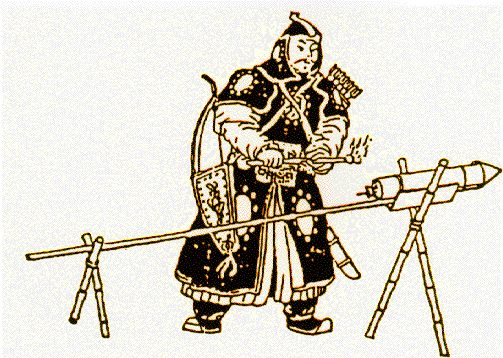
It took another century, or century and a half, before the Song government started to really worry about the secret of gunpowder falling into other countries’ hands.
Despite the Chinese placing a ban on the sale of saltpeter to any foreigners from about 1076, it was inevitable that the word would get out. News of this new, dramatic weapon made its way down the Silk Road — into India, the Middle East and, eventually, to Europe.
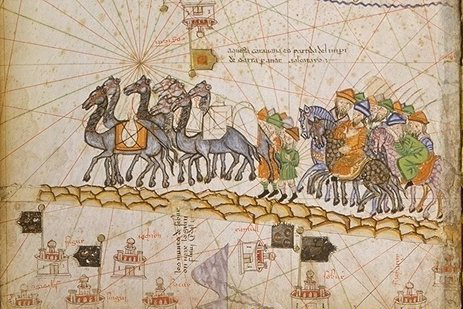
By 1350, both the English and French had developed gunpowder cannons, which they used enthusiastically against each other during the Hundred Years War. Similar cannon were also used by the Ottoman Turks in their taking of Constantinople in 1453. It was roughly during that same period when the first handheld devices using the new ingredient also started appearing.
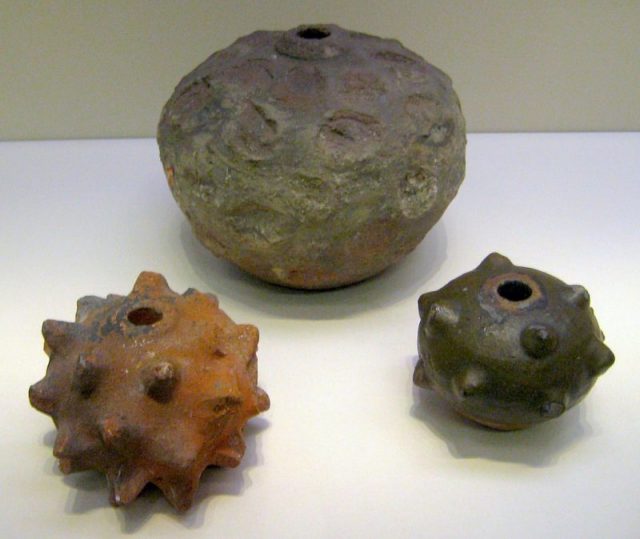
It totally changed the face of conflict. Before its invention, battles had to be fought at a more intimate distance, and walls and forts were realistic protections. After gunpowder burst onto the scene, however, all of that changed.
Increasingly, you could harm your enemies from a greater distance, and conflicts began to carry a steeper and steeper mortality rate. There is a direct line of descent from those alchemists’ attempts to live forever and the unfathomable arsenals that exist in the modern day.
How’s that for irony?
